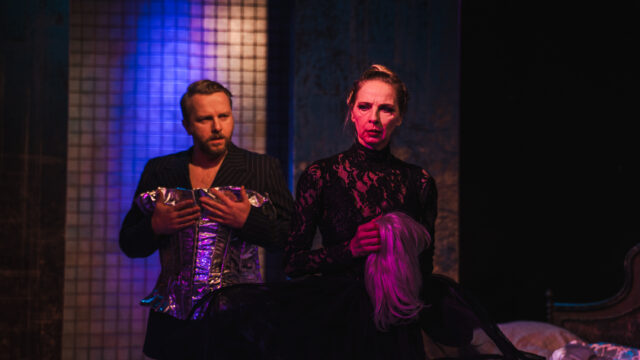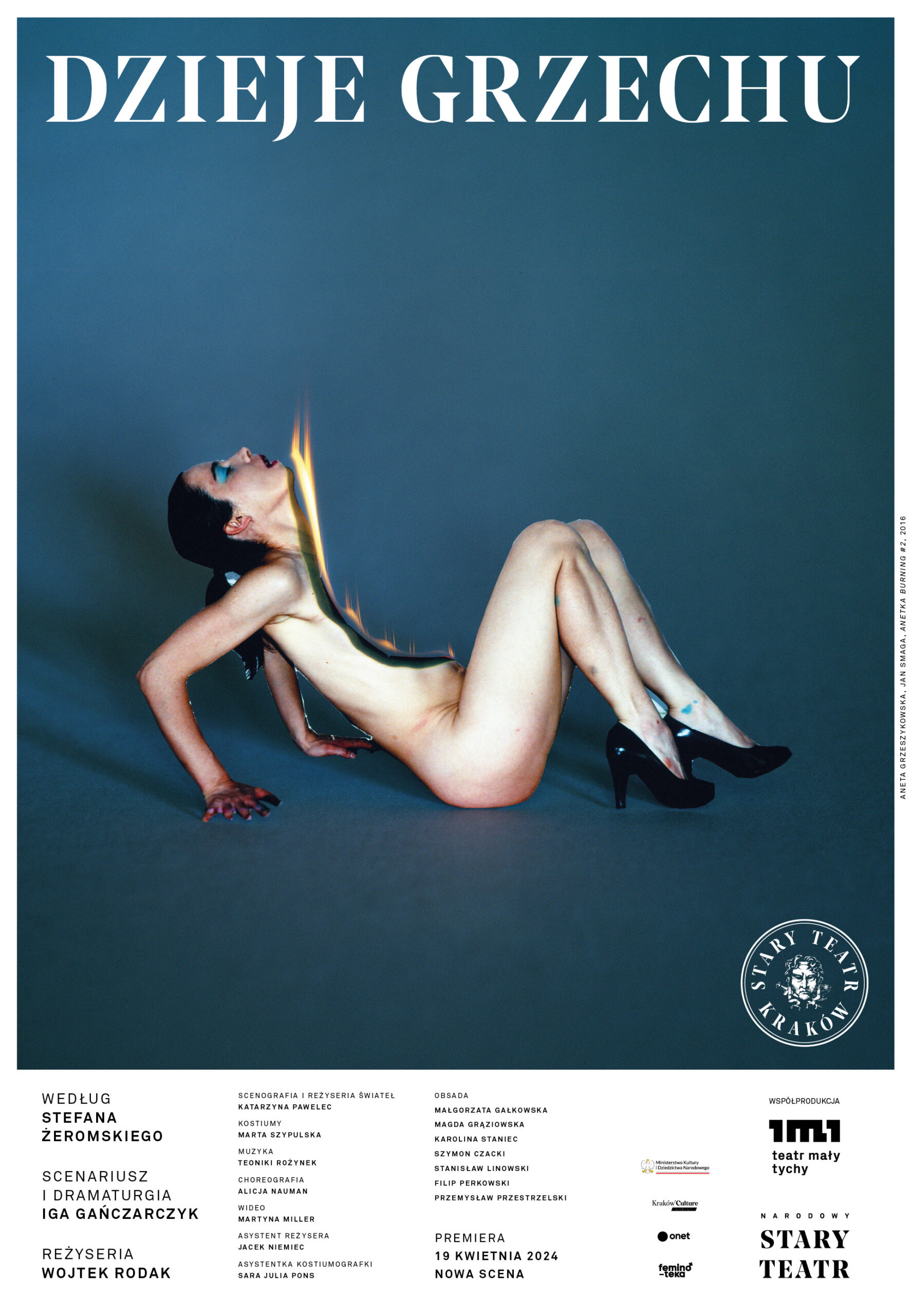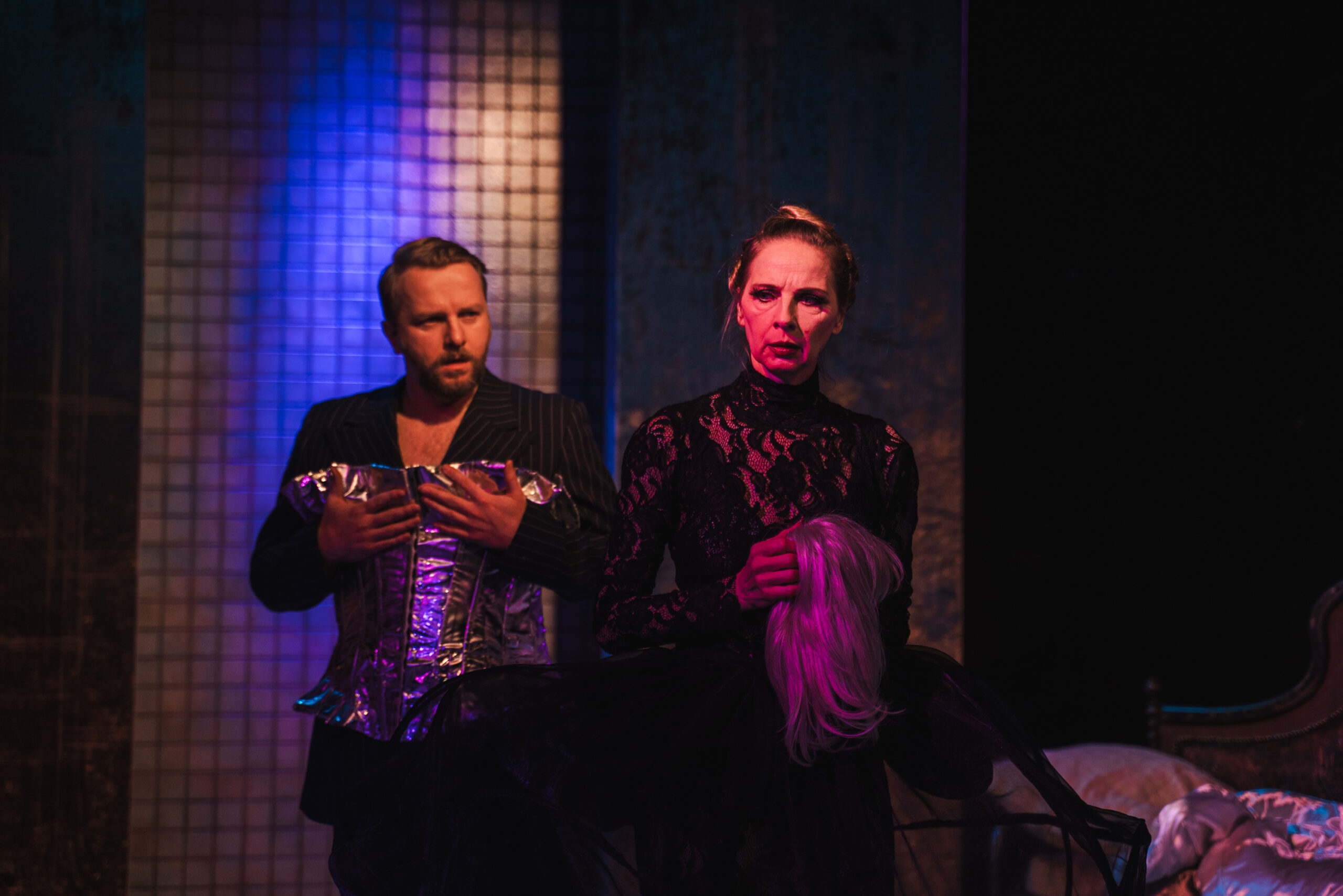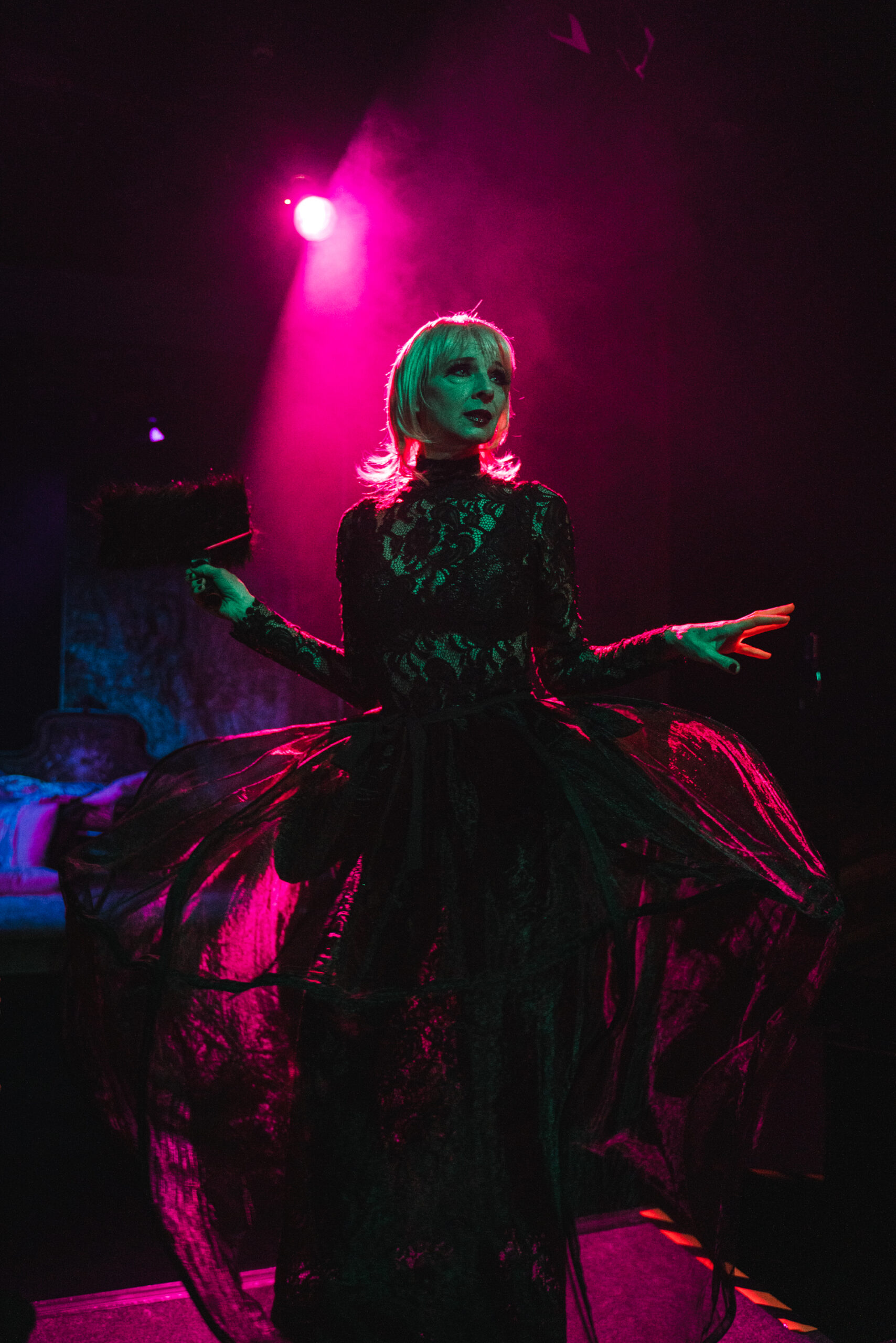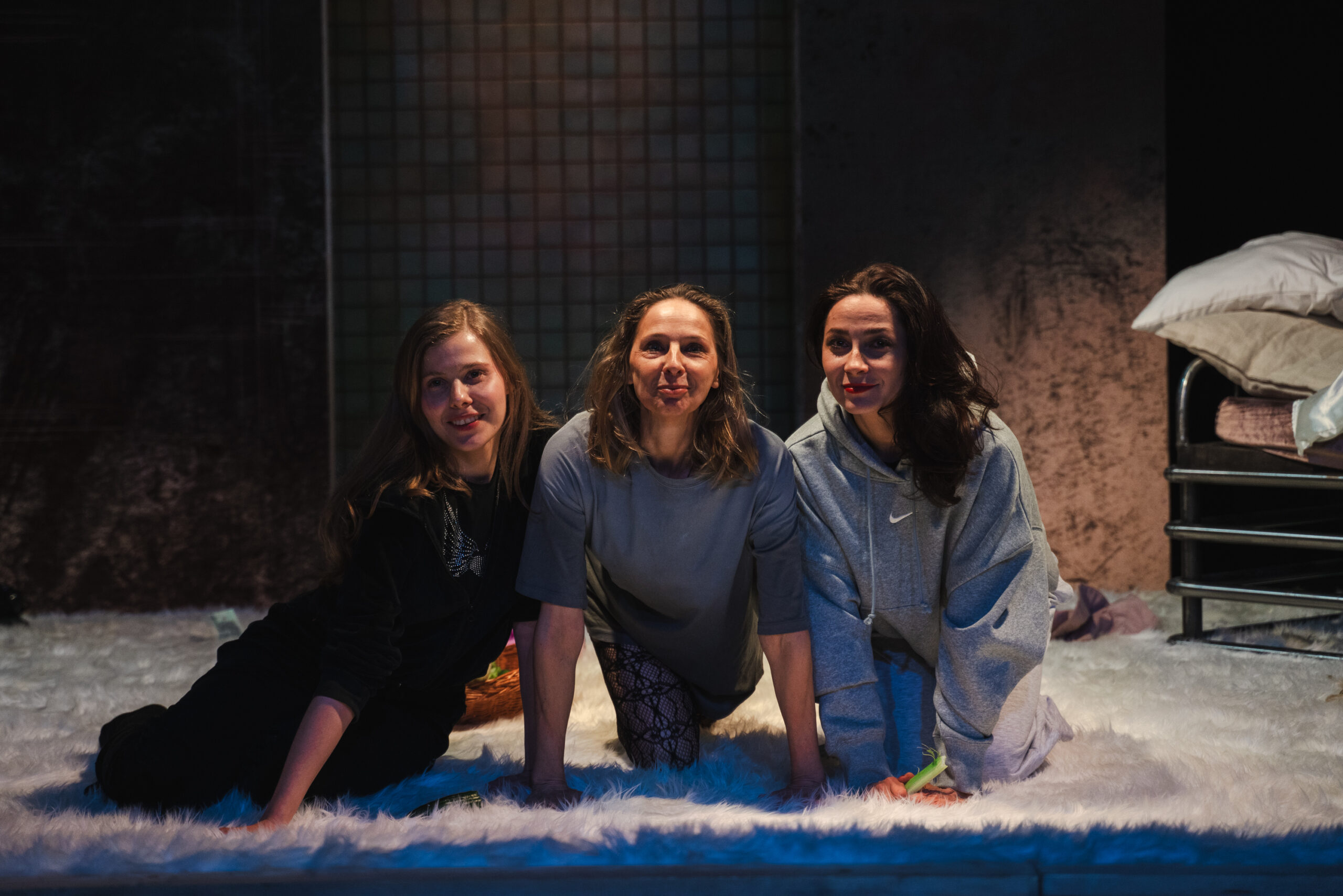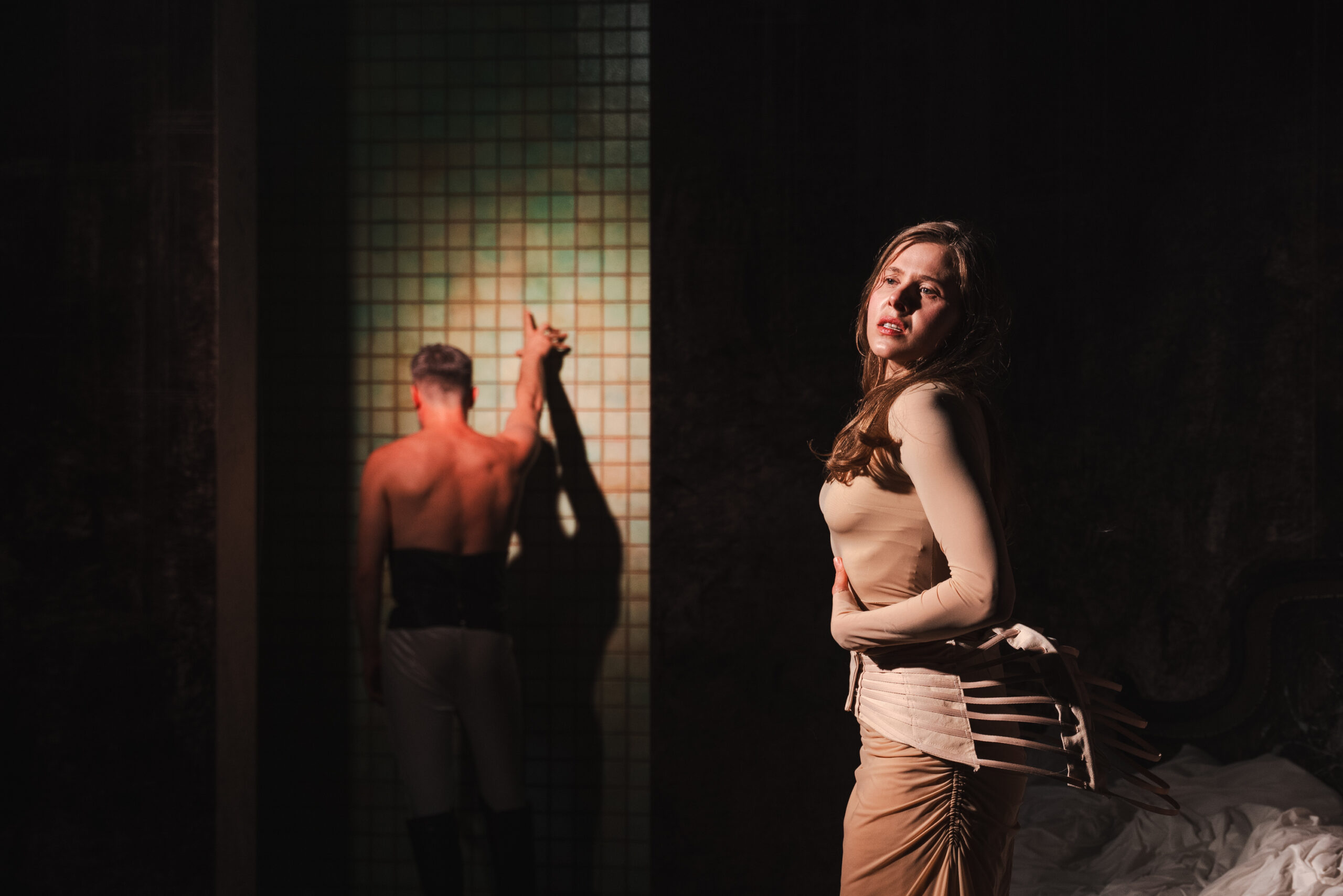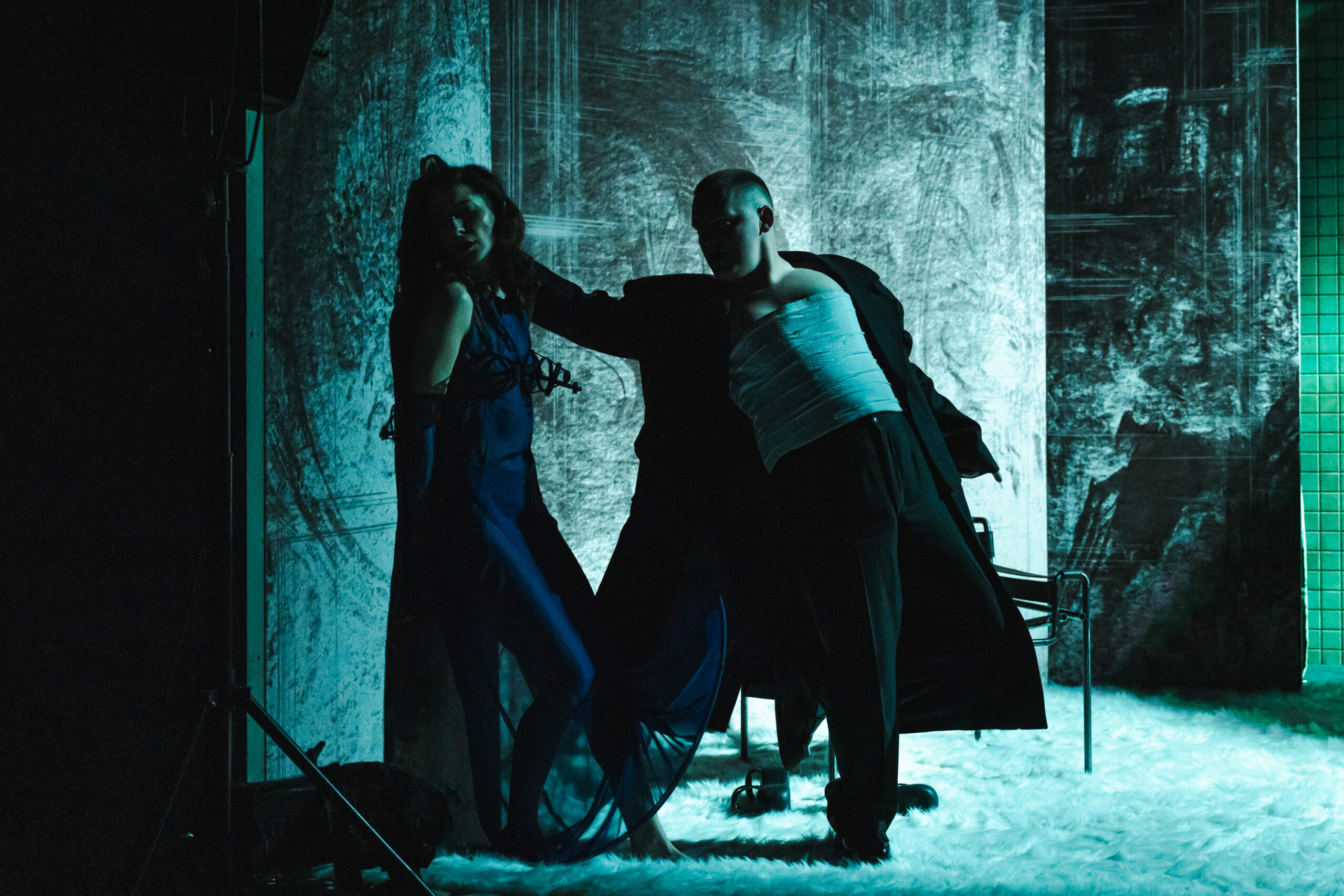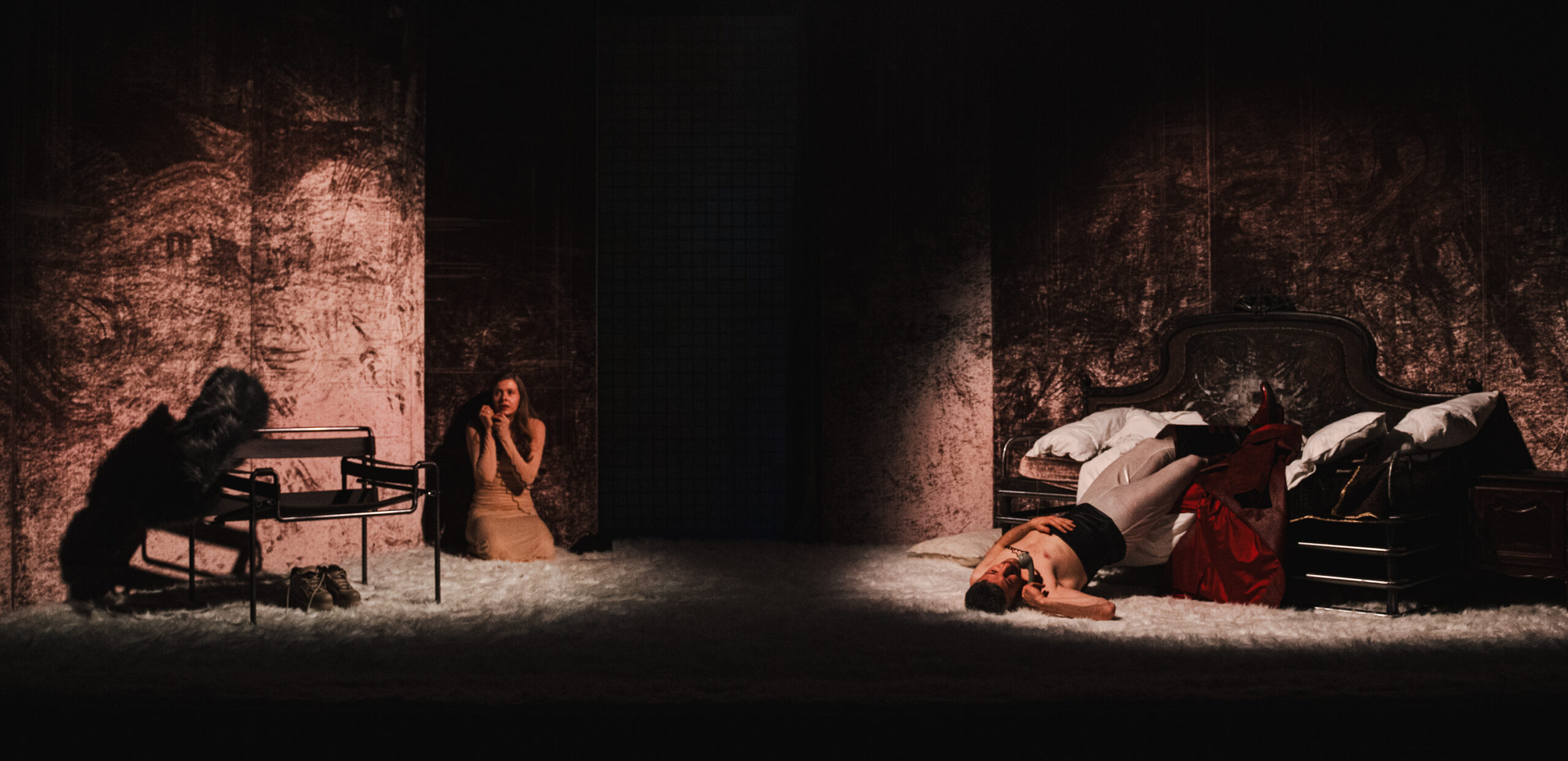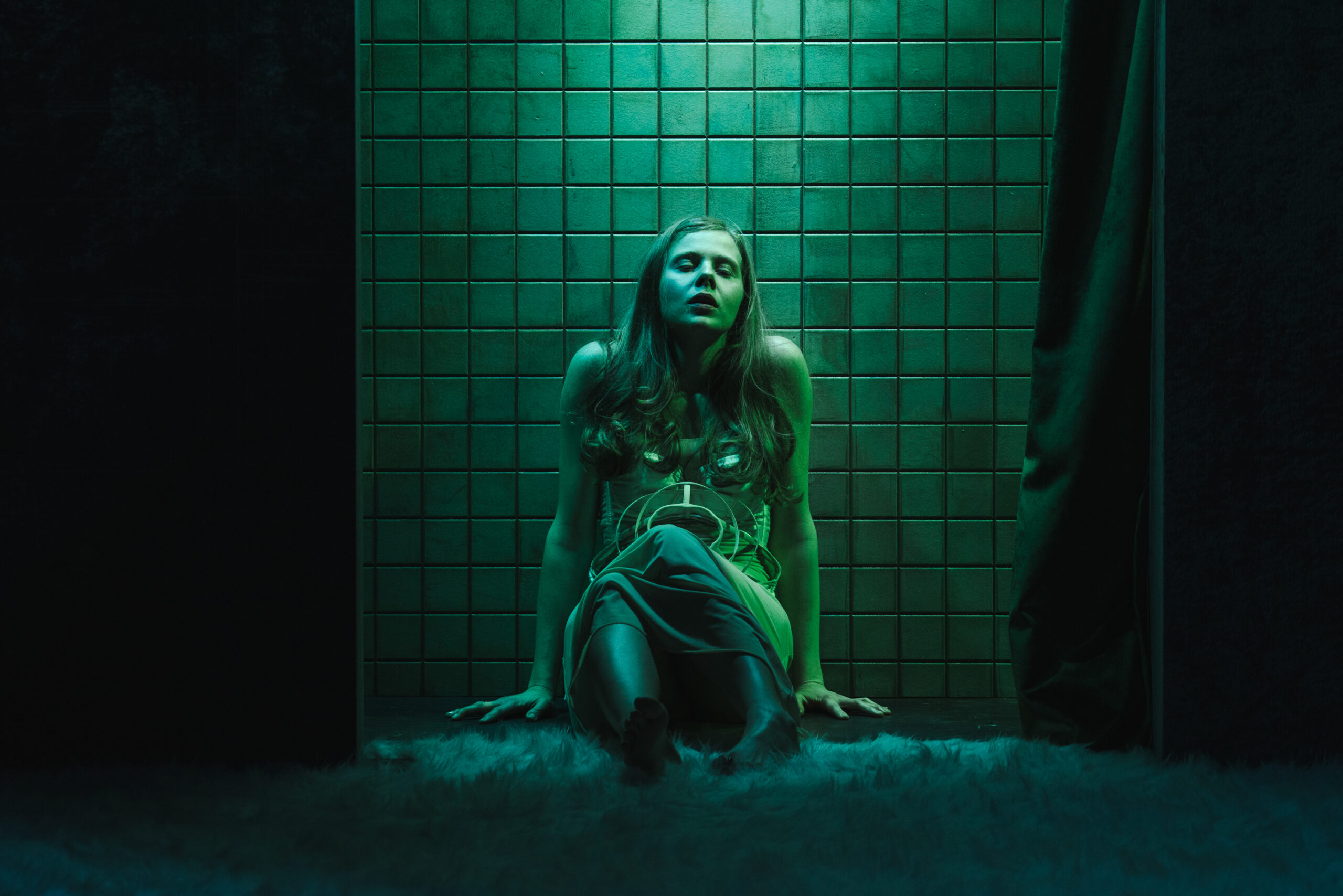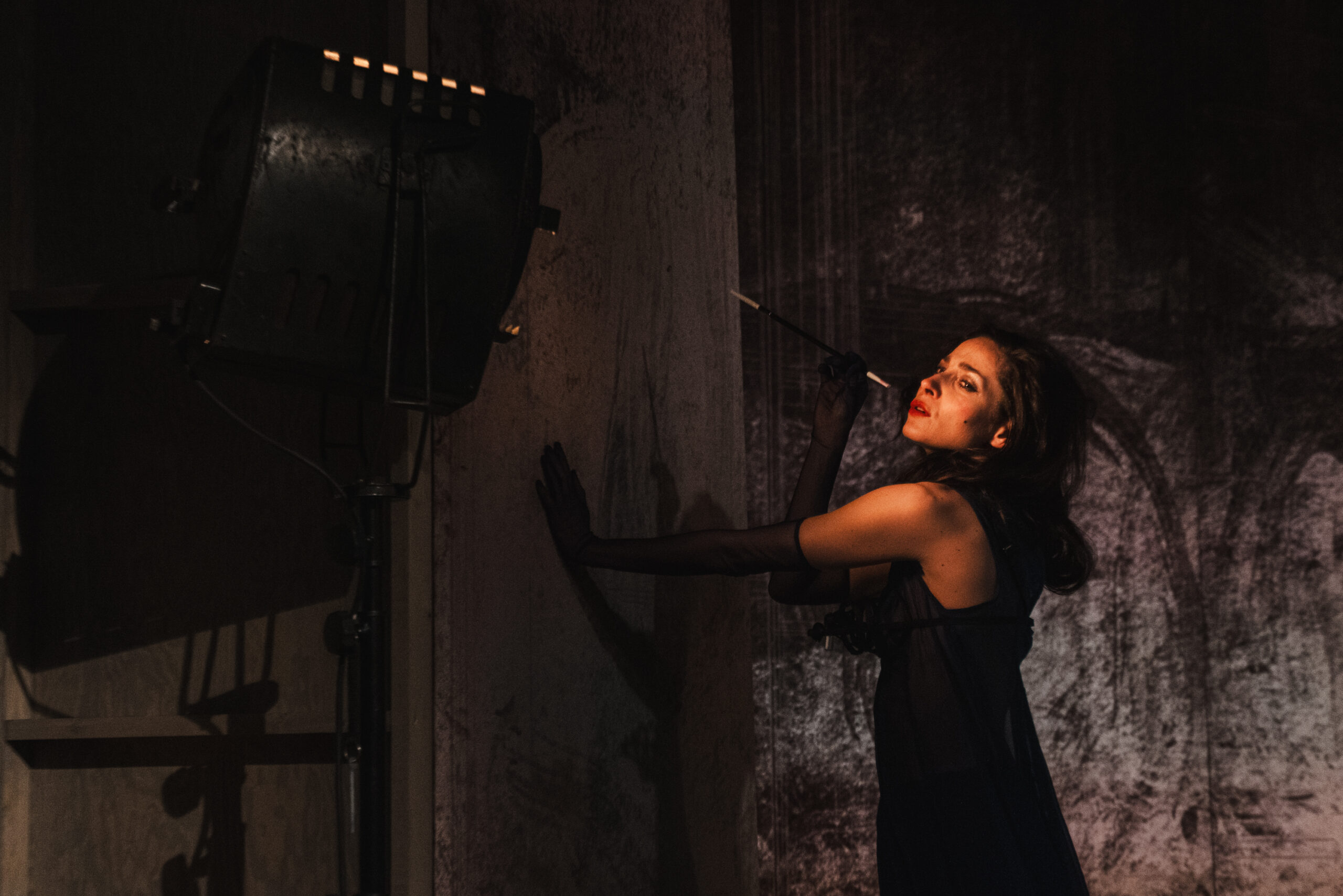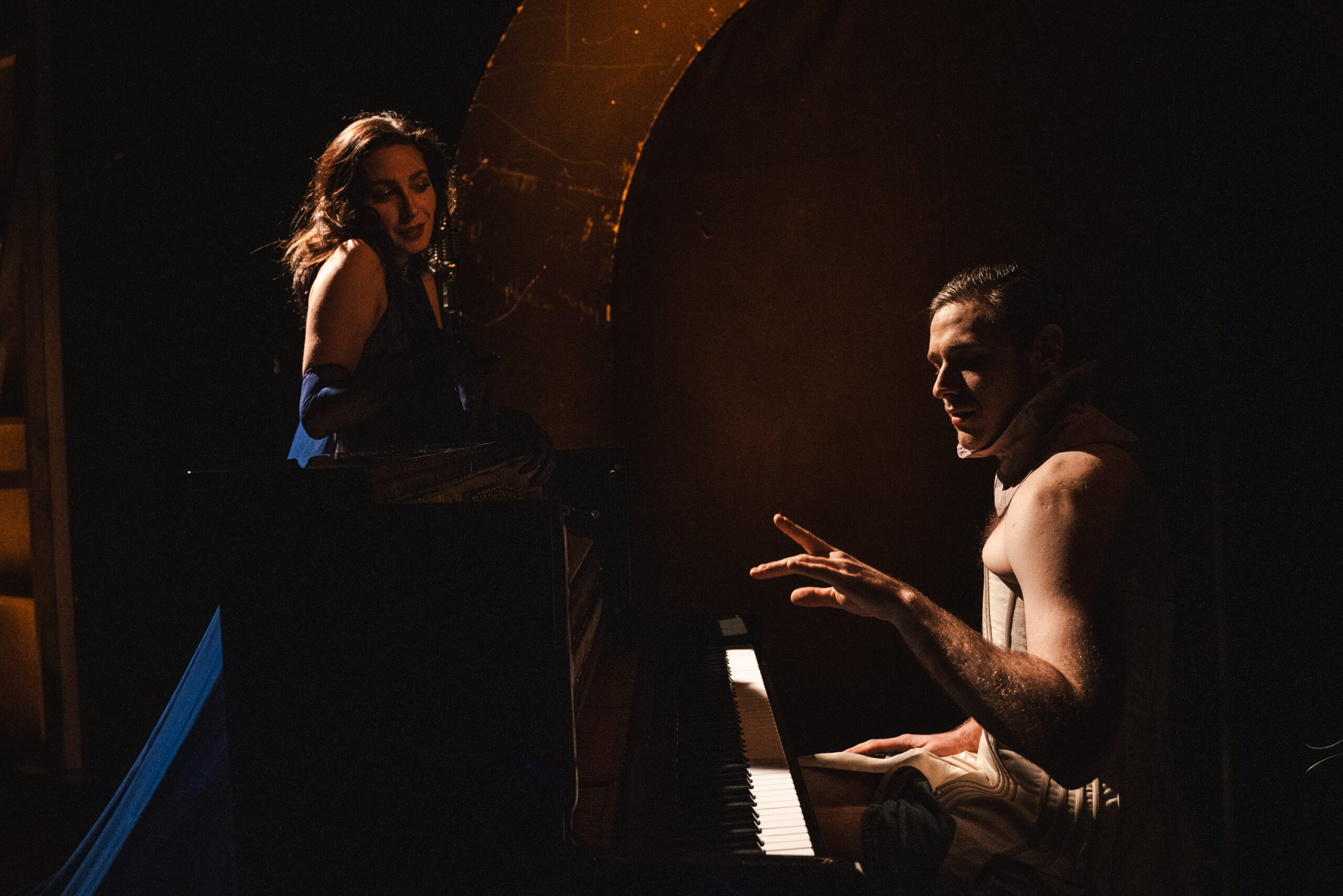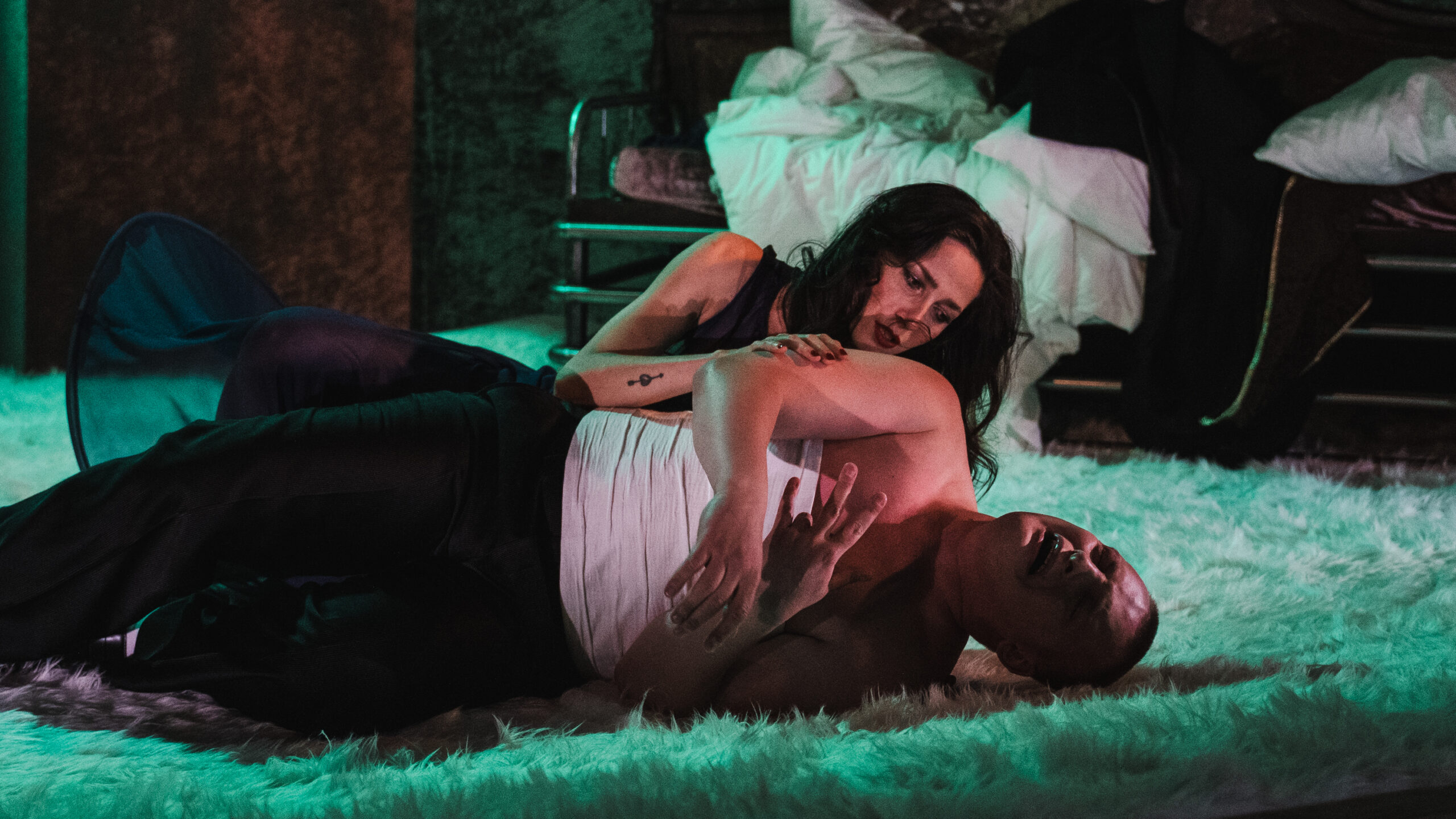Repertoire
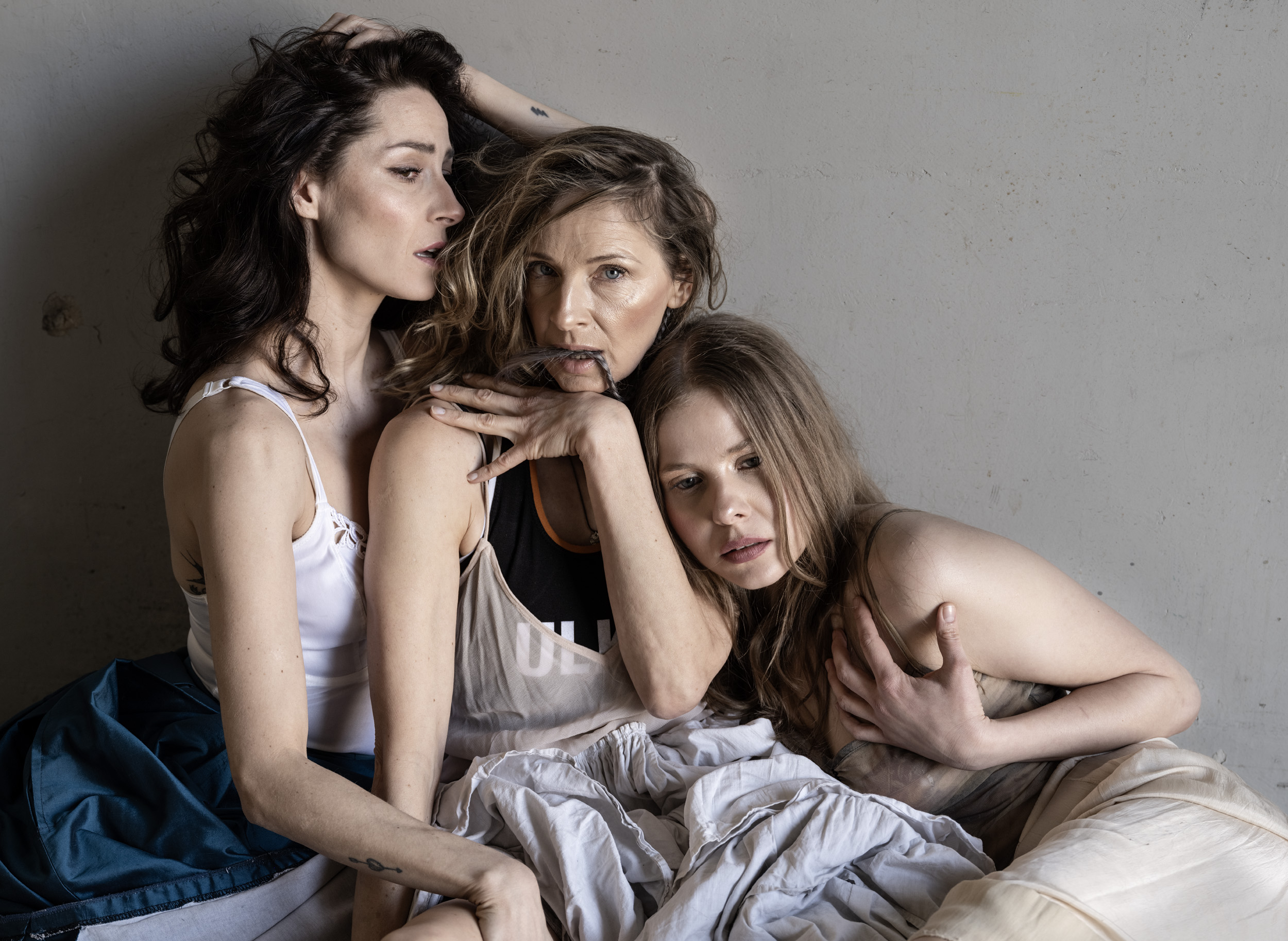
The Story of Sin
Dir. Wojtek Rodak
ul. Jagiellońska 1
A year before the centennial of Stefan Żeromski’s death the team of creators are drawing from a Polish modernist classic, taking on one of the most controversial novels of the period.
Working with and deconstructing the convention of the melodrama, the artists will be looking at the travails of the main protagonist, Ewa, treating her in a more general and metaphorical way, and juxtaposing her on stage with the novel’s male protagonists. The creators of the play have adopted a queer-feminist reading of Ewa’s story, trying to move past the male gaze inscribed in Żeromski’s novel, later confirmed in the film adaptation by Walerian Borowczyk. Their focus is the protagonist’s entanglement in the patriarchy and how the narrative around women has changed over the past century.
The creators of the performance would like to look at female body and sexuality in a subjective way, seeking to be liberate them from convention. Now that she is expelled from paradise for the original sin, will Ewa forever be sentenced to hell?
The Krakow production […] skilfully balances between a melodramatic tone and a knowing aside, emphasis and intimate confession, the sensuality of the erotic scenes, rendered by the literalness of the words from off-stage, and the poetic quality of Martyna Miller’s visuals, while exploring the protagonist’s relationship with her own body. […]
In the triple rendition by Staniec, Grąziowska, and Gałkowska, Ewa becomes a kind of vessel for stereotypes tied to female sin—she is naive, weak, overly submissive, prone to evil, mercenary, lustful, devoid of ethical principles, and calculating. At the same time, at every stage of her story she evades this confinement—through her distance from melodramatic gestures at the outset of the affair (Staniec), to the actor’s opposition to male demiurges, directors, and authors (Grąziowska) and a gesture of taking back her body, with all its traces of the passing of time (Gałkowska, in a compelling monologue), but also by taking control of her own story in the finale.
Magda Piekarska, Gazeta Wyborcza
The performance is co-produced by

Cast
Creators
- Wojtek Rodak Director
- Iga Gańczarczyk Script and dramaturgy
- Katarzyna Pawelec Set design and lighting direction
- Marta Szypulska Costumes design
- Teoniki Rożynek Music
- Alicja Nauman Choreography
- Martyna Miller Video
- Jacek Niemiec Director’s Assistant
- Sara Julia Pons Costumes designer’s assistant
- Katarzyna Gaweł Stage manager/prompter
- Dorota Grzywacz-Kmieć Production coordination
